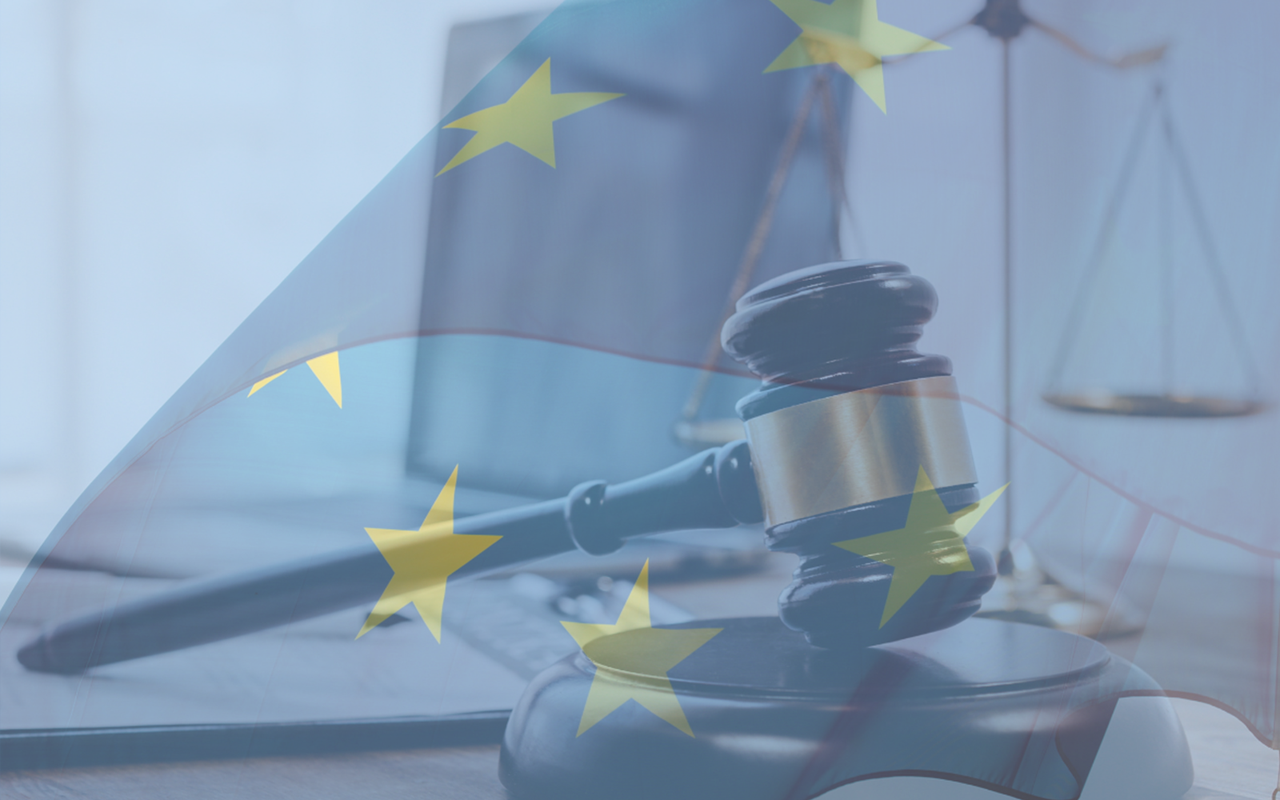All Bark and No Bite
How a lack of enforcement of EU regulations undermines their world-wide credibility, puts consumers at risk and distorts the single market’s level playing field.
Despite being heavily regulated, the number of non-compliant products found on the European market is increasing. Take the WEEE directive, for example. The legislation aims at reducing the amount of waste electrical and electronic equipment that is incinerated or sent to landfill sites by encouraging the recovery, reuse and recycling of products and components. But the reality looks a little different. Indeed, the OECD reports that as much as 10% of the electrical and electronic equipment sold online doesn’t comply with the Directive.
With a simple search on your favourite online store, you’ll see how easy it is to purchase lighting products that have long been banned from the EU market and non-compliant products.
According to a study, 10 out 12 light sources bought online fail to meet electrical safety regulations. In 2021, LightingEurope, the trade association representing the European lighting industry, conducted a ‘mystery shopping’ exercise where they ordered a range of lighting products from 4 online platforms in 5 Member States. When their mystery shoppers ordered some lighting products from the proposed search results, 77% of the products they received did not comply with all the EU laws on information requirements that apply to these products. To give you a concrete example, none of the desktop luminaires bought in France complied with WEEE obligations. None of the suppliers were registered with the French Extended Producer Responsibility scheme, which means that these products and their suppliers are not contributing to the cost of collecting and recycling the product: goodbye polluter pays principle!
LightingEurope reiterated the exercise in 2023 with platforms across 6 Member States and non-compliance remained high. Of the products recommended by the platforms’ algorithms, 71% of them did not pass an online check when it came to complying with EU information requirements. Upon physical inspection, only 5% of the received products was compliant. Safety concerns are also on the table, as 66% of inspected products did not present any instructions and safety information in a language easily understandable by consumers.
Law-Abiding Lighting Companies deserve a level-playing field on the EU market.
The ready availability of these non-compliant products not only puts customer safety at risk, but it also distorts fair competition and puts compliant suppliers, and those within the EU jurisdiction, at a competitive disadvantage compared to online free riders often established outside of the EU. LightingEurope members invest up to 25% of annual turnover to comply with applicable legislation.
The EU legal framework must be revised to stop the proliferation of non-compliant products on the EU market. All products that are subject to mandatory obligations under EU laws must comply with the rules, irrespective of whether they are made available online or offline. This starts with strong enforcement provisions in EU regulations.
Here, the proposal for the Ecodesign for Sustainable Products Regulation (ESPR) is a step in the right direction. The European Commission’s proposal from last year includes strong provisions on enforcement, including an obligation that Member States perform a minimum number of checks per product group and draw up a Market Surveillance Action Plan every two years. LightingEurope, together with a group of 21 other organisations, NGOs, and industry representatives, called for this level of ambition to be maintained in the final version of the legal text.
While LightingEurope applauds the ESPR’s enforcement efforts, this is a real opportunity to do more. The new legislation fails to rectify situations where traders are located outside of the EU and do not have an EU-based economic operator that can be held liable for the traders’ products and activities if they are non-compliant with design and information requirements.
This essentially leaves the door to the EU market wide open for non-compliant products coming from third-party countries. EU policymakers already missed the opportunity to address this issue in the recently adopted Digital Services Act and General Product Safety Regulation.
It is ludicrous to think that legislation allocates liability to offline actors but, when it comes to the online market, it is considered acceptable that the same level of liability doesn’t apply to non-EU-based actors. By doing so, the EU is basically saying that it is allowed to sell non-compliant products online. It cannot be that a complex and tight-knit framework for sustainable products in the EU is developed while none of these rules are enforced, leaving this one big gaping hole in the middle of EU regulatory fabric – we need to close this gap now.
We’re Going to Need a Bigger Patch
Fixing this legal loophole requires a big patch, and this can be started with the ESPR. An EU-based economic operator should be held liable for the compliance of products sold in the EU. Online marketplaces should also have distinct obligations to ensure that either traders selling on their platform meet ESPR requirements or that the traders demonstrate they have a liable economic operator registered in the EU.
LightingEurope strongly advocates for the better enforcement of EU rules. They call on EU policymakers to ensure that a robust framework is put in place in the final text to ensure that the EU reaches its sustainability objectives and provides a level-playing field on the EU market.
To learn more about what LightingEurope is doing to ensure better enforcement of EU rules, please visit https://www.lightingeurope.org/better-enforcement.
© 2023 Luger Research e.U. – Institute for Innovation & Technology

